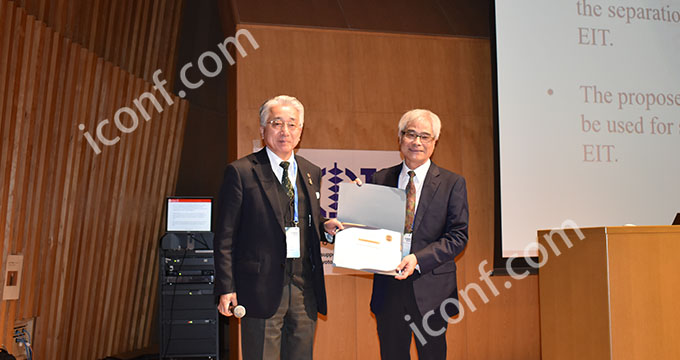Choosing whether to submit your research to a conference or a journal depends on your goals, timeline, and the type of exposure you want for your work. Both avenues offer unique opportunities, but they cater to different needs and audiences. Here’s a breakdown of the key differences between conference and journal calls for papers to help you decide where to submit your next piece of research.

1. Submission Timeline
- Conference Calls for Papers (CFPs):
- Typically have shorter submission timelines and deadlines.
- Conferences often provide faster feedback, with acceptance notifications sometimes occurring within a few weeks.
- Ideal for those who want quick visibility or wish to present their research at an upcoming event.
- Example: You submit a paper, and within 3-4 months, you may be presenting your work at the conference.
- Journal Calls for Papers:
- Have a much longer submission and review process.
- The review period can take several months, and it may take additional time for publication after acceptance.
- Perfect for in-depth, fully developed research that requires thorough peer review before being published.
- Example: You submit your article, and the peer-review process might take 3-6 months, with eventual publication months after that.
2. Types of Feedback and Exposure
Conference Calls for Papers:
- Generally offer feedback during the conference through panel discussions, Q&A sessions, and networking opportunities.
- Presenting at a conference gives you a chance to interact directly with experts, ask questions, and refine your ideas.
- Your paper is often published in the conference proceedings or a special edition of a journal, providing a snapshot of your work.
- Example: Conference papers may not undergo as extensive a peer review as journal articles, but they can help establish your academic presence quickly.
Journal Calls for Papers:
- Provide rigorous peer review, which improves the quality and credibility of your work.
- The feedback is more detailed and in-depth, helping you refine your research further.
- Journal articles tend to reach a wider and more academic audience, as they are published long-term in an indexed journal.
- Example: Published journal articles are often considered more prestigious than conference papers in academia, especially for tenure-track positions.
3. Level of Detail and Scope
Conference Calls for Papers:
- Typically seek shorter, more concise papers (abstracts, posters, or 4-6 page papers).
- You can submit work that is still in progress or preliminary results, as conferences allow for dynamic discussions and ideas.
- Ideal for those who want to present ideas in the early stages and receive feedback from peers and experts.
Journal Calls for Papers:
- Require more comprehensive and polished submissions (full-length research articles, usually 10-20 pages).
- Suitable for completed research that provides significant contributions to the field.
- Journals are typically more suited for work that is fully developed and ready for thorough, peer-reviewed publication.
4. Publication and Recognition
Conference Calls for Papers:
- Often result in publication in conference proceedings, which may not be indexed or easily accessible in databases.
- While they provide exposure, the recognition may not be as long-term as journal publications.
- Some conferences offer journal special issues, giving conference papers the opportunity for further publication in journals.
Journal Calls for Papers:
- Journal articles are often indexed in major databases (like PubMed, Scopus, Web of Science) and are more likely to be cited in future research.
- The recognition is usually greater, especially for well-established journals in the field.
- Example: A published journal article has more credibility in academic circles and can boost your academic profile.
5. Cost and Accessibility
Conference Calls for Papers:
- May involve registration fees, travel costs, and accommodation (for in-person conferences).
- Some conferences provide funding or scholarships for attendees, particularly in the case of students or early-career researchers.
- Example: Many conferences allow for virtual attendance, reducing travel costs.
Journal Calls for Papers:
- Some journals charge submission or publication fees (especially open access journals).
- However, many journals offer free submission, and funding options may be available to cover publication fees for authors in certain circumstances.
- Example: Some journals allow for free access to published articles, while others may charge a fee for open access.
Where Should You Submit Your Work?
Submit to Conferences if:
- You need quick feedback or want to present your research publicly in the near future.
- Your research is in the early stages, and you want to engage in discussions with peers and experts.
- You are looking for networking opportunities and exposure in your field.
Submit to Journals if:
- Your research is fully developed and ready for a comprehensive peer-review process.
- You want long-term recognition, and your work addresses key issues or advances in your field.
- You aim to publish in an indexed, widely-read platform with high credibility.
Discover Calls for Papers on iconf.com
Whether you’re looking to submit to a conference or a journal, iconf.com is your go-to resource for finding the latest calls for papers. Browse by discipline, date, and submission guidelines to find the perfect opportunity to showcase your work!
Ready to present or publish? Visit iconf.com now and discover where you can submit your research today!



